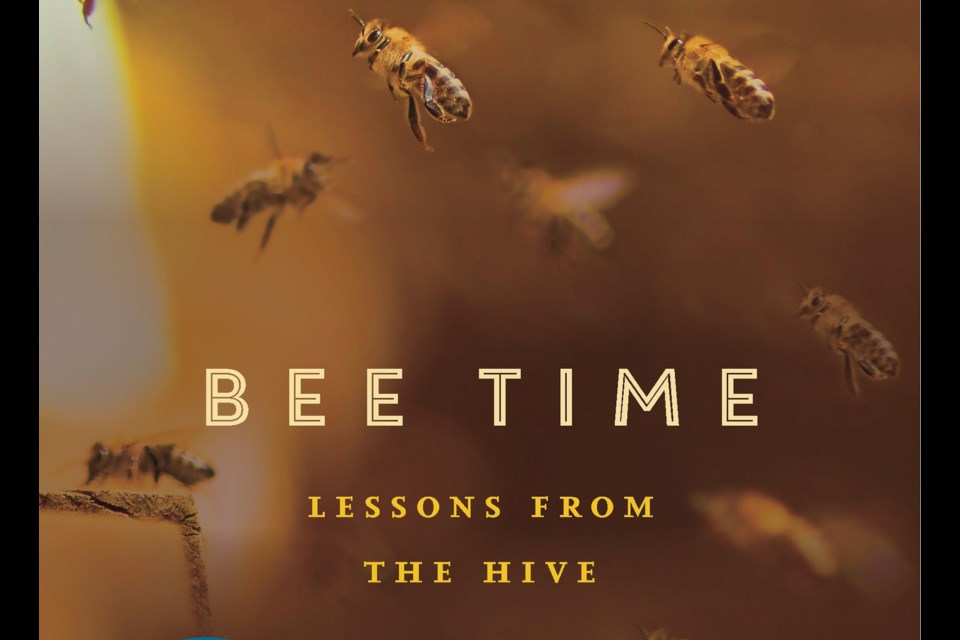We can learn a lot from honeybees according to author and educator Mark Winston and what they have to teach us could influence the way we treat each other and the natural world.
“Working with bees for 40 years has been a reminder for me that we are dependant on the environment around us,” said Winston. “We tend to take our interaction with the environment for granted and it has really emphasized for me how important it is to keep nature healthy.”
Winston chronicled his time in the company of nature’s most industrious and communal insects in his critically acclaimed book Bee Time: Lessons From the Hive. The book has won a number of awards including the 2015 Governor General’s Literary Award for Non-Fiction.
Winston is scheduled to speak along with several other scientists and researchers during the Science of Life conference taking place at the University of Guelph this week from Thursday to Sunday.
He will also be reading excerpts from his book and sharing his observations about society, agriculture, bees and other issues during a visit to the Bookshelf, Friday.
“I visited the Bookshelf for the first time 20 or 30 years ago and fell in love with that wonderful bookstore,” he said. “I am quite excited about going there and doing a reading from my book.”
Winston is a professor and senior fellow at Simon Fraser University’s Centre for Dialogue in Vancouver. He and his students maintain an apiary at the university where they produce a popular brand of honey. Proceeds from honey sales have gone toward student scholarships and their work with the bees has influenced course curriculum.
“I’ve learned a lot from bees about communication and certainly a lot about collaboration,” he said. “Bees are fabulous collaborators. They work very closely together to accomplish societal goals.”
He has raised a number of concerns about the impact of modern commercial agriculture on the health and survival of honeybees and other wild bees.
“We spray about 90 million kg of pesticides in Canada every year,” he said. “That ‘s pretty close to two or three kilos per person. That is a lot of chemical use. To suggest that isn’t having a lot of side effects is a bit disingenuous.”
He cites the impact of pesticides use as one of the three main threats to bee populations.
“The second is nutritional problems because there are very few wildflowers in and around agricultural areas for bees to feed on,” he said. “The third is diseases and pests.”
Winston believes that honeybees’ communal approach to caring for each other and working in communion with nature are examples of how we can establish sustainable social and agricultural practices.
“They really put the hive first and I think if we were putting our own well being as a society before any individual well being we would be thinking about doing agriculture a very different way,” he said. “Current agricultural practices are quite damaging not only to bees but also to the environment around us. We can grow just as much food in a much healthier environment if we change the way agriculture is managed.”
